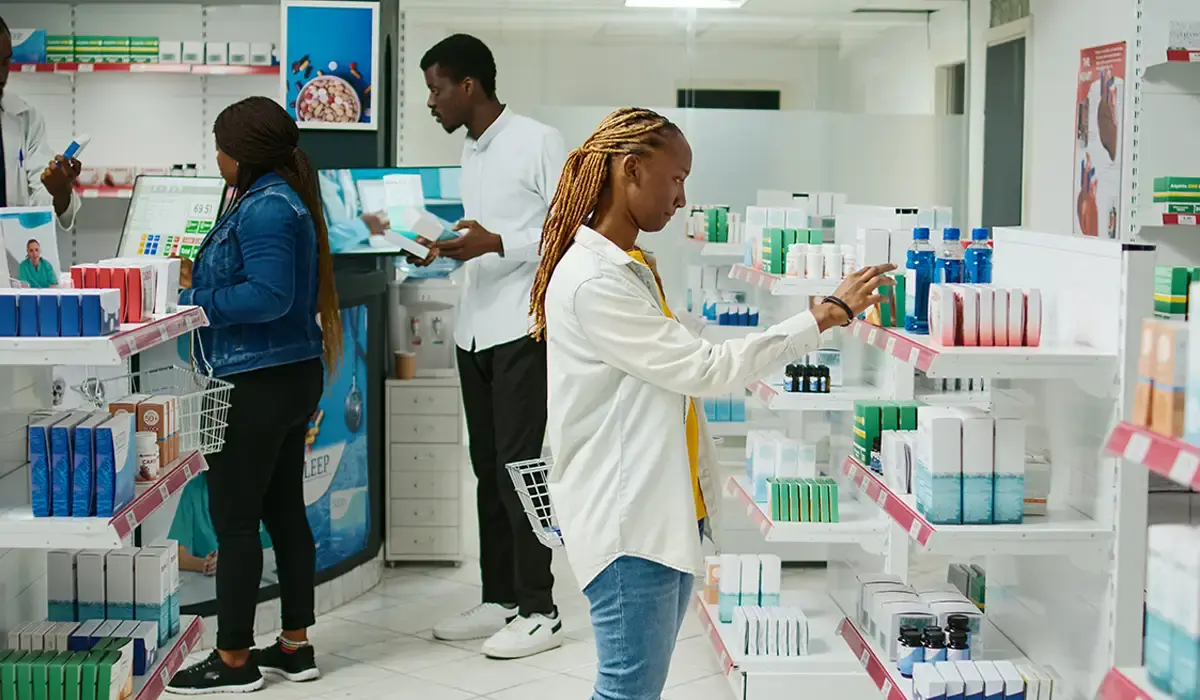Policy & Regulation
Nigeria to implement QR code system to fight counterfeit cosmetic products.

Nigeria QR Code Cosmetics System Targets Fake Beauty Products
Nigeria’s cosmetic industry battles harmful fakes, and authorities respond with a QR-based verification system to protect consumer safety.
New Digital Platform to Combat Counterfeit Beauty Products
Nigeria’s Federal Competition and Consumer Protection Commission (FCCPC) plans to launch a smart digital solution to fight cosmetic counterfeiting.
This initiative, called Nigeria QR Code Cosmetics, uses QR codes to track genuine beauty products throughout their supply chains.
Authorities aim to verify authenticity instantly, offering transparency and safety for consumers who face threats from fake personal care items.
Counterfeit goods contain dangerous chemicals and cause health issues, making this technological step vital for Nigeria’s health and beauty sectors.
You might also enjoy the articles on our other site: Juneteenth: Teaching Kids to Honor, Not Appropriate, Black History
Economic Impact and Government Response
FCCPC Executive Vice Chairman Tunji Bello emphasized the widespread market presence of unfit and unsafe consumer products.
He stressed the need to ensure buyers get full value despite financial constraints during his address on June 11, 2025.
The Nigeria QR Code Cosmetics initiative also helps protect authentic manufacturers facing economic damage from the influx of counterfeits.
Meanwhile, Europe also supports QR label adoption, citing cost-efficiency, sustainability, and reduced waste as major advantages.
Global Counterfeit Cosmetic Challenges
Fake beauty products are not only Nigeria’s problem but a global concern for regulators and consumers.
An OECD report exposed irregular product routes from China via Morocco to the European Union, raising alarms worldwide.
Common fakes include makeup, skin creams, and perfumes containing toxins, banned substances, and dangerous bacteria.
Despite existing Nigerian cosmetic laws, many unsafe products remain in circulation, damaging skin and endangering lives.
Dermatology Brands Enter Market to Improve Safety
Beiersdorf recently introduced Eucerin to Nigeria, aiming to reduce skin damage caused by illegal bleaching products.
A prior study found over 30% of women using skin-lightening products experienced severe irritation and health problems.
You might also enjoy the articles on our other site: Smart Water Shutoff Valves: Protect Your Home from Damage
Keep up with the Nigeria QR Code Cosmetics rollout and other safety-focused beauty news by exploring more updates on this website.









